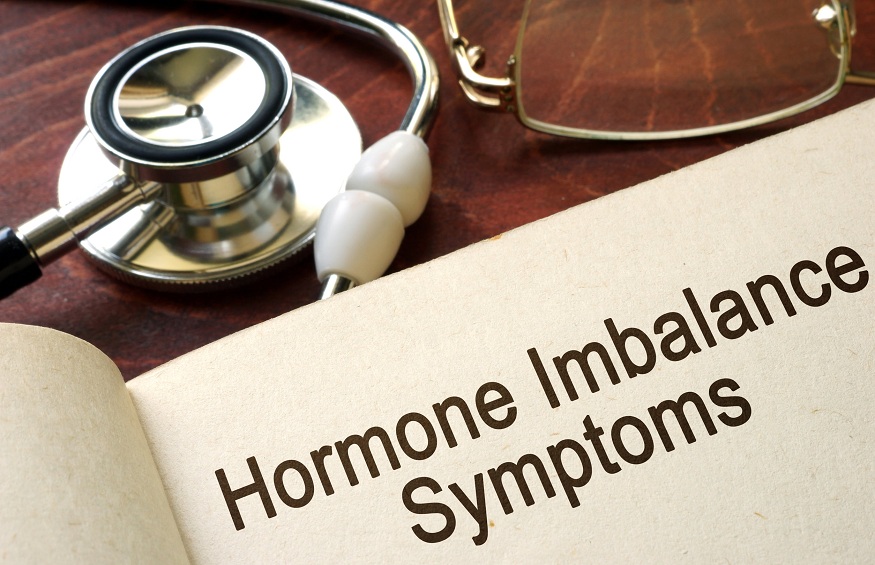Nearly every function of your body is maneuvered by your hormones. Chemicals called hormones are released by the bodily glands to transmit “messages” through the bloodstream. These messages then instruct our organs on how to maintain our actions, health, and life. When you have too much or too little of one or more hormones – your body’s chemical messenger – you have a hormonal imbalance. The term addresses various chemical-related conditions that occur naturally to people and have a bunch of side effects high blood cholestrol, depression and chronic anxiety, irregular periods in women, etc.
You may experience a variety of symptoms depending on the hormonal imbalance you have because the human body produces over 50 different hormones, all of which play a role in important bodily functions.
It’s important to know that many of the symptoms listed below could be brought on by more than just hormonal imbalance. It is essential to speak with your healthcare expert regardless of the cause if you ever notice a change in your day-to-day health and are experiencing new, persistent symptoms.
Symptoms Of Hormonal Imbalance
The following are some hormonal imbalances symptoms that affect your metabolism –
- Tachycardia or a heartbeat that is either slow or rapid
- Weight gain or loss that cannot be explained.
- Fatigue.
- Constipation.
- A more frequent bowel movement or diarrhea.
- Your hands are feeling numb and tingly.
- Abnormally high levels of cholesterol in the blood.
- Anxiety or sadness
- Being unable to endure either warm or cold temperatures.
- Coarse, dry skin and hair
- Warm, thin, and damp skin.
Causes Of Hormonal Imbalance
Hormonal imbalance can be caused by a few main things, and they happen frequently. First, your hormones can be affected by medical conditions and the medications or treatments for those conditions.
Some treatments for breast cancer, for instance, can lower estrogen levels, and Cushing’s syndrome and Addison’s disease, on the other hand, are characterized by cortisol levels that are too high or too low. Type 1 and type 2 diabetes, hypoglycemia, and thyroid disorders like hypothyroidism or hyperthyroidism are additional potential causes of hormonal imbalance in humans. Hormonal changes can be caused by conditions in women like menopause and polycystic ovary syndrome (PCOS). Hypogonadism can result in low hormone levels in men.
How To Treat Hormonal Imbalance
You should discuss prescription treatments, which frequently involve hormone therapy with a qualified endocrinologist to further recuperate from hormonal imbalance symptoms. Sleep hygiene is essential in this instance.The way you sleep and the balance of your hormones are both greatly influenced by how you sleep. To aid in hormone balance, you need seven to nine hours of each of the five stages of sleep.
Keep your calorie intake within a range that is appropriate for your body by eating on a regular basis. Eat a lot of eggs, healthy proteins, fatty fish, omega-3 fatty acids, vegetables, and greens. You might also want to take a magnesium supplement and have a cup of good green tea every day. Green tea has the ability to lower blood sugar levels, which is especially important for people who have problems with chronic sugar. We can also use magnesium to better deal with stress and frequent anxiety.

